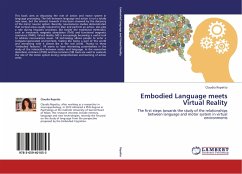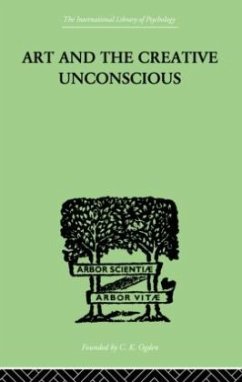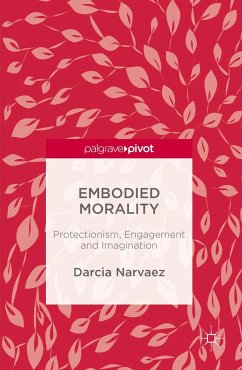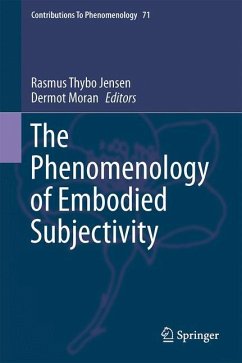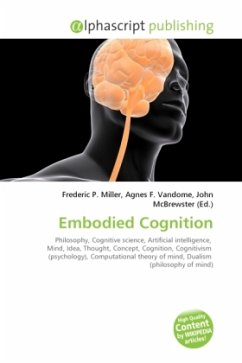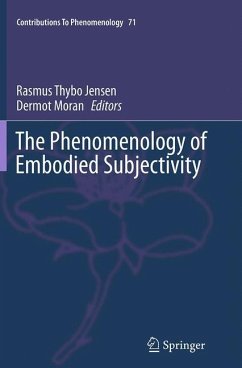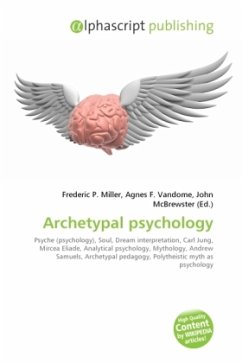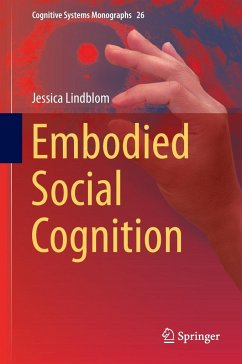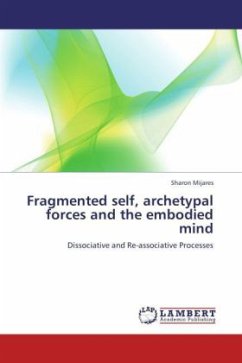
Fragmented self, archetypal forces and the embodied mind
Dissociative and Re-associative Processes
Versandkostenfrei!
Versandfertig in 6-10 Tagen
45,99 €
inkl. MwSt.

PAYBACK Punkte
23 °P sammeln!
This study concerns the relationship of the mind-body split to trauma, sexual abuse, dissociation and memory recall. The researcher postulates that traumatized psychic elements reside in cellular blocks and non-integrating neural circuits within the body. The qualitative investigation was prompted by two differing life-transforming experiences initiated by memory recall. A small quantitative study was designed to test the hypothesis that the body contains and releases encoded memories. Covert neuromuscular and cardiovascular measurements were taken using EMG, skin temperature and heartrate to ...
This study concerns the relationship of the mind-body split to trauma, sexual abuse, dissociation and memory recall. The researcher postulates that traumatized psychic elements reside in cellular blocks and non-integrating neural circuits within the body. The qualitative investigation was prompted by two differing life-transforming experiences initiated by memory recall. A small quantitative study was designed to test the hypothesis that the body contains and releases encoded memories. Covert neuromuscular and cardiovascular measurements were taken using EMG, skin temperature and heartrate to monitor mind-body interactive patterns occurring during memory recall. The researcher utilized hypnosis and ideomotor finger responses to induce regression and initiate response. Questions were open-ended. The study sessions were 20 to 35 minutes for each of the eight co-researchers. The physiologic measurements were supportive of psychobiological changes during memory recall and self-report. Responses were elevated when memories were associated with sexual abuse or abuse to the body. The Sign test was positive for all subjects after base-line calibration, giving a probability factor of .035.




